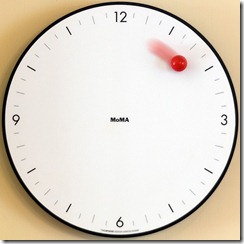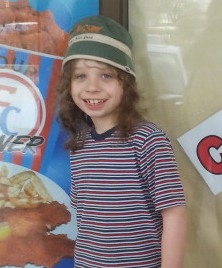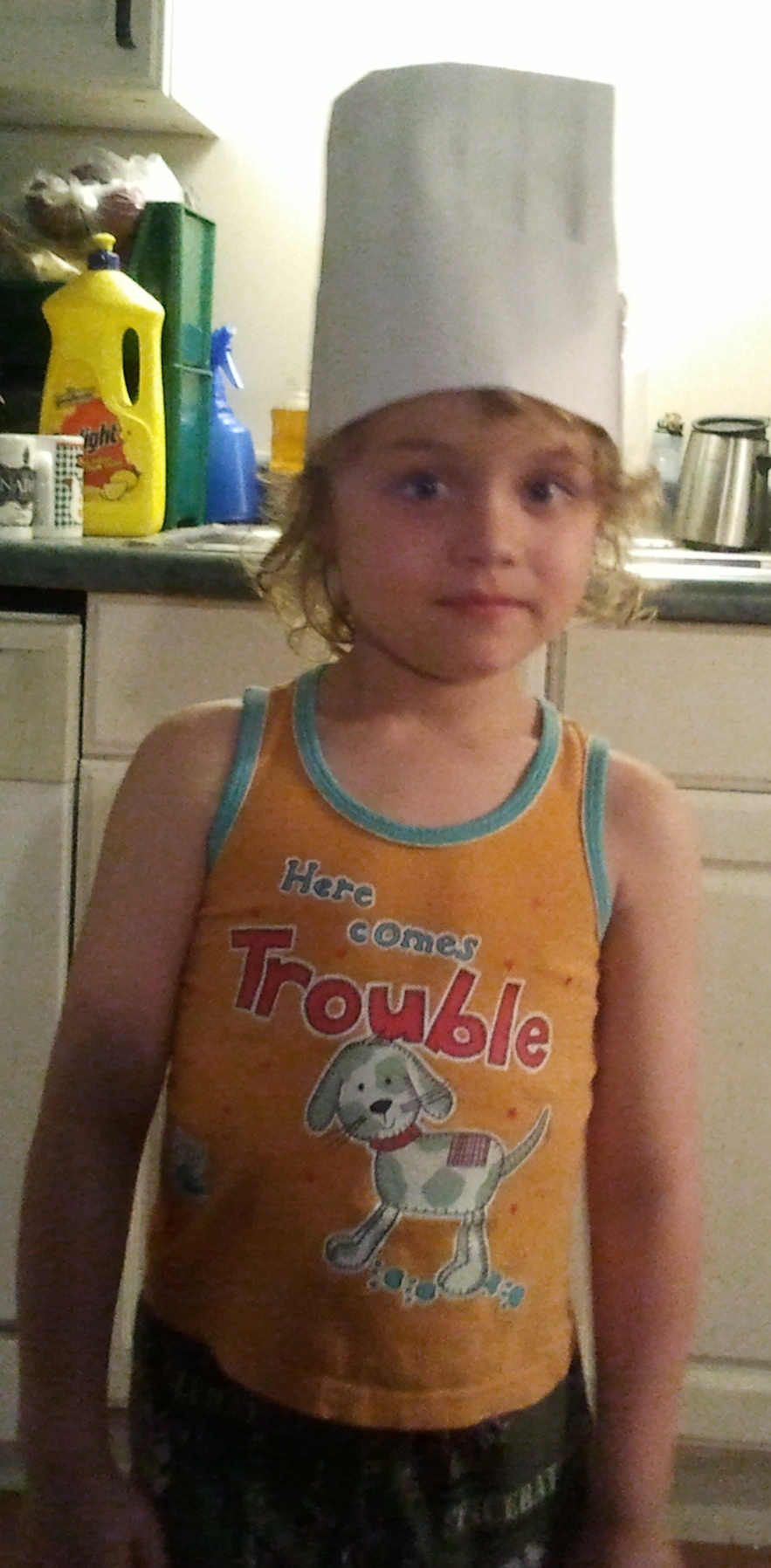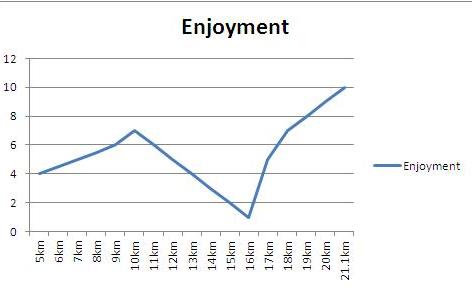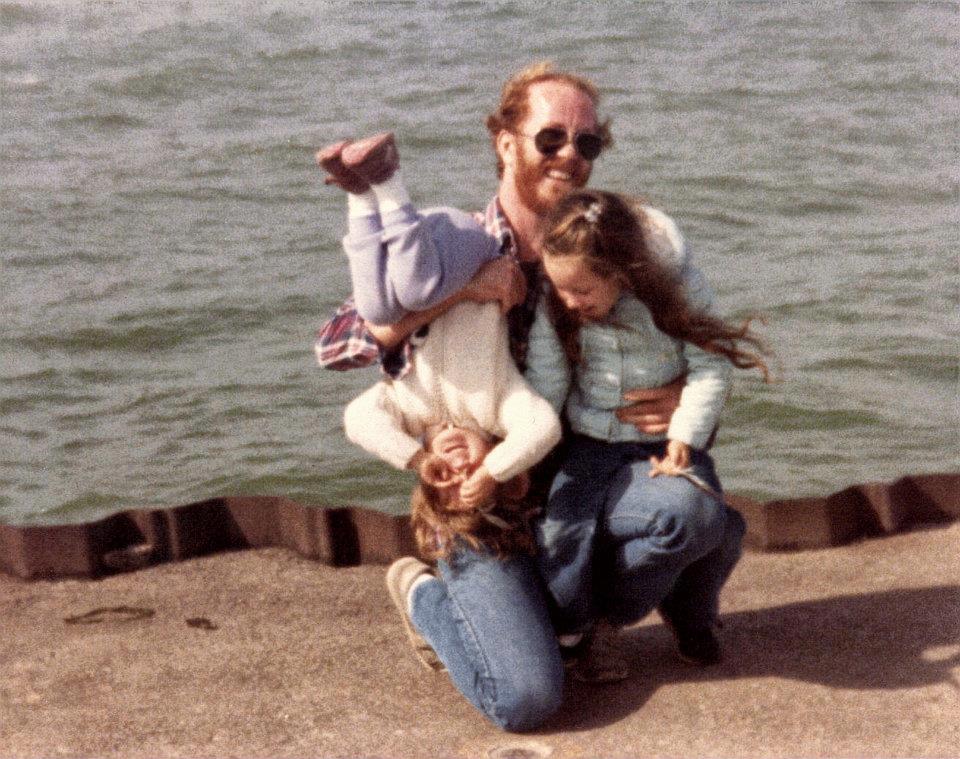I am participating in the Health Activist Writers Month Challenge, in which I publish a post every day for the month of April, based on health-related prompts.
April 2 – Quotation Inspiration: Find a quote that inspires you (either positively or negatively) and free write about it for 15 minutes.
Give me a place to stand and I can move the world. ~ Archimedes ~
While I was labouring with my first child, I channelled some of my pain by yelling out swear words about Ontario’s new premier, who had been appointed after the resignation of his predecessor. I did not have much interest in Canadian politics at the time: I had only been in the country for three years and I did not have the right to vote. Adjusting to living in a new country and being pregnant had pretty much taken up all of my energy.
I didn’t know anything about this man I was yelling obscenities about, except that he had this irritating whiny voice that made me wish my head would just explode.
At some later point, after Mr. Whiny Voice had been ousted from office, I asked someone how Toronto’s problem with homelessness had originated. The answer horrified me. Apparently, the former Ontario government – the one led by Whiny Voice’s predecessor – had cut funding to a lot of services, mental health care being one of them. As a result, patients with mental illness suddenly found themselves being ousted from programs that they could not afford to pay for themselves, and in the absence of homes or job prospects, they had ended up on the streets.
When I heard about this, I just wanted to cry for these people. I mean, is that any way to treat a human being? Stop their treatment and put them out in the street?
As an autism parent, I know all about the difficulties with funding. Governments do not have unlimited money, and increasing – or in some cases, merely maintaining services comes with raised taxes, and that never goes down well with the public.
I could offer up a thousand suggestions as to what could be cut instead of services that allow people to have basic dignity and quality of life, but this post is already in danger of being more political than I’m generally comfortable with.
Instead, I will say this: that every single person has a place in this world. No matter what challenges they face, no matter what their strengths and weaknesses are, and no matter what level of functioning they ultimately achieve, they are all rightful members of the communities in which they live, and they should be respected as such.
I often tell the story about the day we received George’s autism diagnosis. In the midst of the devastation that goes with this kind of thing, the doctor started talking about his prognosis for George’s future. He didn’t hold out much hope, and we left his office that day thinking that as an adult, George wouldn’t be able to do much more than sweep floors.
The reality has turned out to be very different, and although George is an eight-year-old with some profound challenges, he is also an eight-year-old with a great deal of intelligence and a ton of potential.
But that is not the point. The point is this: so what if George grows up to sweep floors or clean toilets? Can you imagine what the subway station or the airport or the shopping mall would be like if there was no-one to sweep the floors or clean the toilets?
Whether my son sweeps floors, becomes a computer programmer, works in a library, or wins the Nobel Peace Prize for revolutionizing heart transplant surgery, he has a place in the world.
It is my job to help him reach his full potential, whatever that may turn out to be.
It is up to me to help him find a place to stand so that he can move his world.
He already totally rocks mine.
(Photo credit: http://www.flickr.com/photos/sporst/6914330609/sizes/m/in/photostream/. This picture has a creative commons attribution license.)






